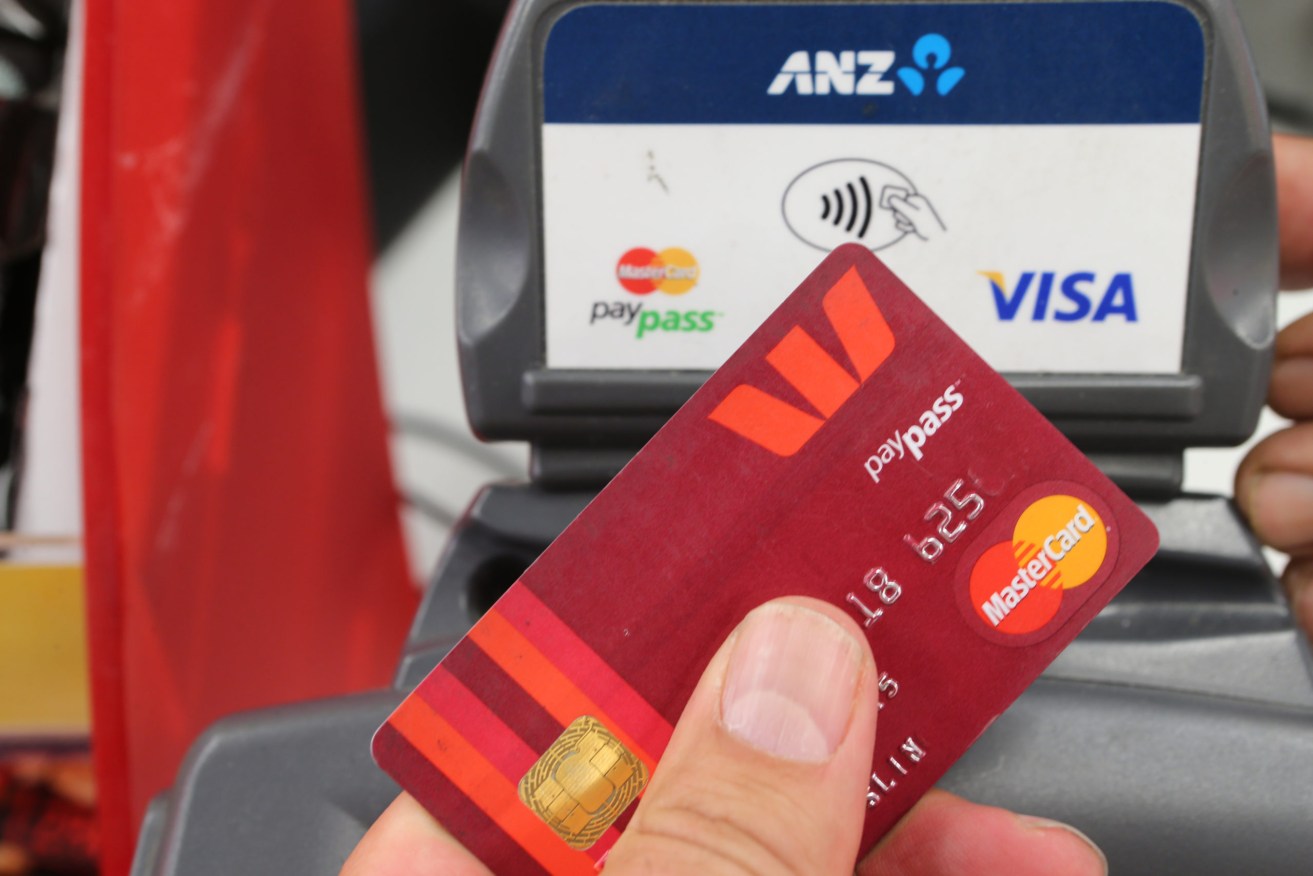The Reserve Bank says it’s working with the banking industry to innovate the way Australians pay for things as old-fashioned cheques fall by the wayside.
RBA governor Glenn Stevens says the new payments platform will help Australia catch up with other countries to deliver real-time, accessible payments to the community.
Speaking in Sydney on Thursday, the Stevens said countries such as Sweden, Singapore, Mexico, South Africa and India had already made the leap to fast retail payments.
“Is there a plausible reason to accept Australia falling behind?” he asked.
Stevens said the payments system had seen rapid innovation, with Australia leading the world when it comes to contactless payment (such as PayPass and PayWave).
An RBA survey found cash remained the most frequently used means of payment in 2013, though its use had declined in recent years, while the use of cheques had been declining since its peak in 1995.
“Since then, the number of cheques written each year per capita has fallen by more than 80 per cent,” Stevens said.
“Over the same period, the number of electronic payments per capita has risen by more than 400 per cent.”
Stevens urged the industry to deliver on its commitment to deliver real-time, accessible payments, despite it being a complex and costly project, and to resist the temptation to maintain the status quo.
Innovation would lead to further growth in electronic payments, reducing costs for banks and maintaining their relevance, he said.
If Australian banks don’t step up and offer these services, others will, he said.
“We – the industry and the Reserve Bank itself – are building a piece of national infrastructure,” Stevens said.
“We should take every opportunity to increase its potential value to the nation, rather than limiting it for fear of where it might take us.
“The biggest risk with this project is probably not a technical one. It is the risk that, in 10 or 15 years time, we will look back and see that we missed an important opportunity to provide something that will fully and efficiently support the payments needs of our economy.”
In a separate address, Telstra boss David Thodey updated investors on the march of transactions technology.
“Digitisation is causing fundamental shifts in business models and workforces,” he said.
“I have no doubt there will be winners and losers. Winners will be the companies that can adapt to these changes and provide an excellent customer experience.
“Customers now have more choice than ever – most of you who travelled here today booked your flights online, booked your accommodation online and will probably eat at a restaurant tonight that you have booked online, after checking the reviews out on the web.
“This digital story is playing out across the world in every industry – and effective digital channels are now a characteristic of successful organisations.
“In the US more than 85 per cent of retail banking transactions are now digital,” he said.
“In its second quarter results, Starbucks reported that its app accounted for 15 per cent of its transactions, that’s an average of 6 million transactions per week.
“New digital technologies means the cost of entry has plummeted. You no longer need scale to compete globally. Geographic and economic barriers are coming down.
“The smartphone is revolutionising how we live our lives.”





